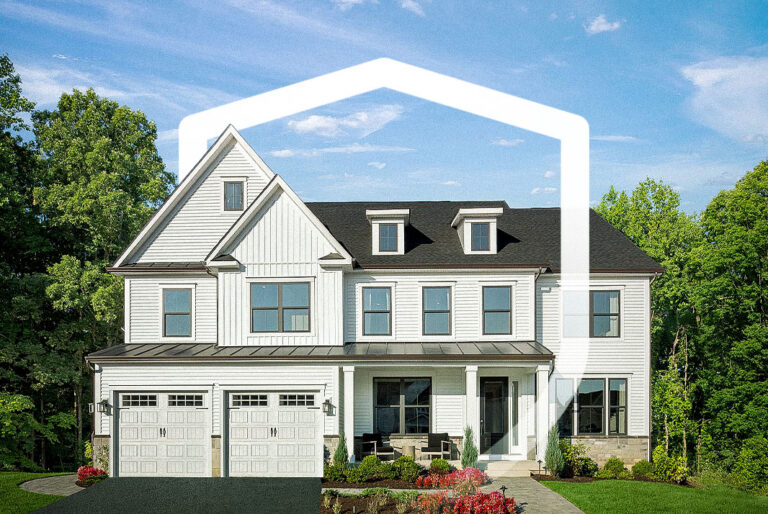As the saying goes, your home is your castle. Regardless of its size or grandeur, ensuring that it remains a safe haven for you and your loved ones is paramount. With an ever-increasing array of alarm systems flooding the market, making the right choice can feel daunting. But fret not! This guide will arm you with vital knowledge on how to choose the right alarm system for your home.
Table of Contents
ToggleUnderstanding Your Needs
Before diving into the options, it’s essential to identify your unique security needs. Consider factors such as the size and layout of your home, your neighborhood’s security situation, and your lifestyle.
1. Evaluate Your Home’s Vulnerability
- Entry Points: Look at all potential entry points like doors, windows, basement openings, etc.
- Valuables: Assess if you have items that require special attention, such as jewelry, art collections or important documents.
2. Family Lifestyle
If you have children, elderly family members, or pets, this might influence the type of sensors and alarms you choose.
Types of Alarm Systems
Once you have a clear idea of your needs, it’s time to explore the different types of alarm systems available:
1. Wired Systems
- Pros: Reliable and less prone to interference.
- Cons: Installation can be intrusive and expensive.
2. Wireless Systems
- Pros: Easy to install and expand. Ideal for renters.
- Cons: Can be subject to interference.
3. Monitored Systems
- Pros: Constant professional monitoring ensures quick response.
- Cons: Typically involves monthly fees.
4. Unmonitored Systems
- Pros: No ongoing costs.
- Cons: Relies on you or neighbors to respond to alarms.
Important Features to Consider
Here are some pertinent features you should look for in an alarm system:
- 24/7 Monitoring Services
- Smart Home Integration
- Mobile Alerts and Remote Access
- Battery Backup
- Environmental Sensors
Budget Considerations
Alarm systems can range from a few hundred dollars to several thousand, depending on sophistication and features. It’s essential to strike a balance between affordability and functionality. Here’s a quick breakdown:
- Basic Systems: Entry-level systems without monitoring can be very cost-effective.
- Mid-Range Systems: These might include professional monitoring and smart features.
- High-End Systems: Comprehensive packages with extensive monitoring and home automation capabilities.
Installation: DIY vs. Professional
Considering whether to install the system yourself or hire a professional can significantly impact your decision. Here’s what you need to weigh:
1. DIY Installation
- Pros: Cost-effective, no extra labor costs.
- Cons: Requires a level of technical know-how.
2. Professional Installation
- Pros: Expert installation with optimal coverage.
- Cons: Additional costs.
Customer Support and Warranty
Lastly, consider the level of customer support and warranty offered by the company. Opt for companies that provide robust support and a generous warranty period.
Conclusion
Choosing the right alarm system for your home doesn’t have to be a vexing task. By understanding your specific needs, exploring various types of alarm systems, considering important features, and keeping budgetary aspects in check, you can make an informed decision.
Remember, an effective alarm system does more than just protect your property; it provides peace of mind.
Secure your home or business today, and enjoy peace of mind knowing that you have chosen the right alarm system tailored specifically for your needs. Happy securing!







